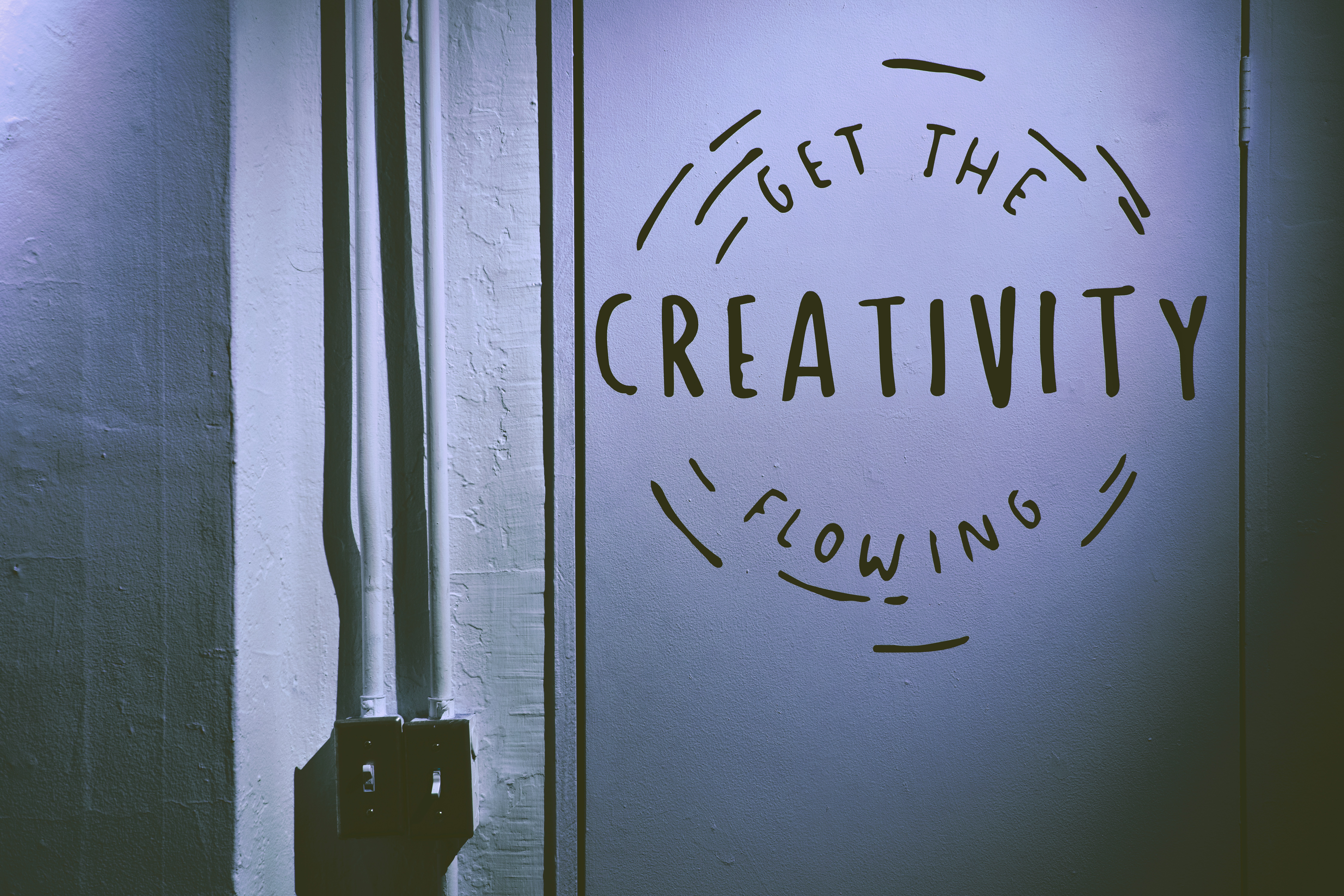
Innovation Begins with Everyday Curiosity
Creative thinking often sounds like something reserved for artists, designers, or inventors. In reality, it starts with something much simpler—curiosity. When you pause to ask “what if” in everyday life, you’re already engaging your creative muscles, think of a chef experimenting with flavors in the kitchen or a teacher turning a math lesson into a fun story. These small sparks of curiosity can lead to breakthroughs that transform businesses, careers, and even personal lives.
Breaking Out of the Routine
Routine can be comforting, but it can also trap us in patterns that prevent growth. Creative thinking disrupts that cycle. Consider how Netflix shifted from DVD rentals to online streaming when they saw where technology was heading. That leap required breaking away from their own successful formula and daring to imagine something better. On a smaller scale, individuals can use the same principle—rethinking how meetings are run, finding new ways to connect with clients, or even redesigning personal schedules for productivity.
The Role of Play in Problem-Solving
One of the most overlooked tools for creativity is play. When we allow ourselves to experiment without fear of failure, solutions often emerge naturally. Tech companies famously use “hackathons,” giving employees freedom to play with ideas outside their usual projects. Some of Google’s biggest innovations, like Gmail, started as side experiments. Play doesn’t just lighten the mood—it creates a low-pressure environment where possibilities expand.
Seeing Obstacles as Opportunities
Creative thinkers don’t ignore obstacles; they reframe them. During the 2008 financial crisis, Airbnb founders faced rejection from investors who didn’t believe people would rent out their homes to strangers. Instead of giving up, they looked at the problem from another angle, creating a platform that not only survived but changed how people travel. In daily life, this mindset shift can turn setbacks—like a job rejection or a failed project—into springboards for fresh strategies.
Listening Differently to Unlock Ideas
Creativity isn’t just about speaking up; it’s also about listening in a new way. By tuning into diverse voices, you gain insights you might never have considered. A manager who asks frontline employees for input might discover a faster way to serve customers. A parent who listens carefully to a child might see an imaginative solution to a household challenge. Success often comes from being open enough to hear what others overlook.
Collaboration That Sparks Brilliance
The saying “two heads are better than one” takes on real meaning in creative work. Collaboration introduces new perspectives, which fuel fresh ideas. Take the example of the Wright brothers—neither was formally trained as an engineer, yet their combined curiosity, debates, and problem-solving led to the first successful airplane. Today, businesses thrive when teams share ideas freely and respect different viewpoints, rather than clinging to hierarchy or ego.
Turning Ideas into Action
Having a creative idea is only half the journey; the other half is execution. Too many concepts die in notebooks or brainstorming sessions because no one takes the first step. Consider Spanx founder Sara Blakely, who turned a simple frustration with hosiery into a billion-dollar business. She didn’t just imagine a solution—she acted on it. For everyday professionals, this might mean pitching that unconventional idea to a boss or testing a side hustle on weekends. Action is what separates dreamers from doers.
Building a Mindset That Lasts
Creative thinking isn’t a one-time event—it’s a habit you can build. Practices like journaling, mindfulness, or even taking walks without your phone can clear mental space for fresh ideas. Surrounding yourself with inspiring books, diverse people, or new experiences also feeds creativity. Success doesn’t come from waiting for a “lightbulb moment”; it comes from consistently cultivating an open, flexible, and curious mind.
Final Thoughts
Creative thinking is not reserved for the “naturally gifted.” It’s a skill anyone can develop and apply to real-world challenges. Whether you’re leading a company, running a household, or navigating your personal goals, the ability to reimagine possibilities sets you apart. Success, at its core, isn’t just about working harder—it’s about thinking differently.